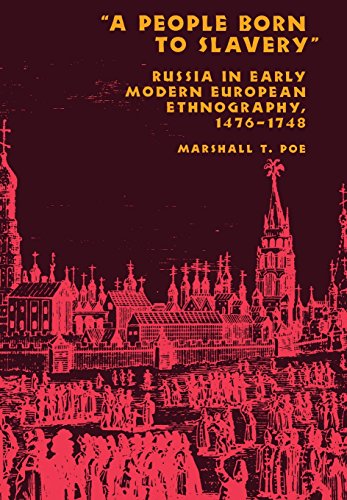

Most ebook files are in PDF format, so you can easily read them using various software such as Foxit Reader or directly on the Google Chrome browser.
Some ebook files are released by publishers in other formats such as .awz, .mobi, .epub, .fb2, etc. You may need to install specific software to read these formats on mobile/PC, such as Calibre.
Please read the tutorial at this link. https://ebooknice.com/page/post?id=faq
We offer FREE conversion to the popular formats you request; however, this may take some time. Therefore, right after payment, please email us, and we will try to provide the service as quickly as possible.
For some exceptional file formats or broken links (if any), please refrain from opening any disputes. Instead, email us first, and we will try to assist within a maximum of 6 hours.
EbookNice Team

Status:
Available0.0
0 reviewsMany Americans and Europeans have for centuries viewed Russia as a despotic country in which people are inclined to accept suffering and oppression. What are the origins of this stereotype of Russia as a society fundamentally apart from nations in the West, and how accurate is it? In the first book devoted to answering these questions, Marshall T. Poe traces the roots of today's perception of Russia and its people to the eyewitness descriptions of sixteenth- and seventeenth-century European travelers. His fascinating account―the most complete review of early modern European writings about Russia ever undertaken―explores how the image of "Russian tyranny" took hold in the popular imagination and eventually became the basis for the notion of "Oriental Despotism" first set forth by Montesquieu. Poe, the preeminent scholar of these valuable primary sources, carefully assesses their reliability. He argues convincingly that although the foreigners exaggerated the degree of Russian "slavery," they accurately described their encounters and correctly concluded that the political culture of Muscovite autocracy was unlike that of European kingship. With his findings, Poe challenges the notion that all Europeans projected their own fantasies onto Russia. Instead, his evidence suggests that many early travelers produced, in essence, reliable ethnographies, not works of exotic "Orientalism."